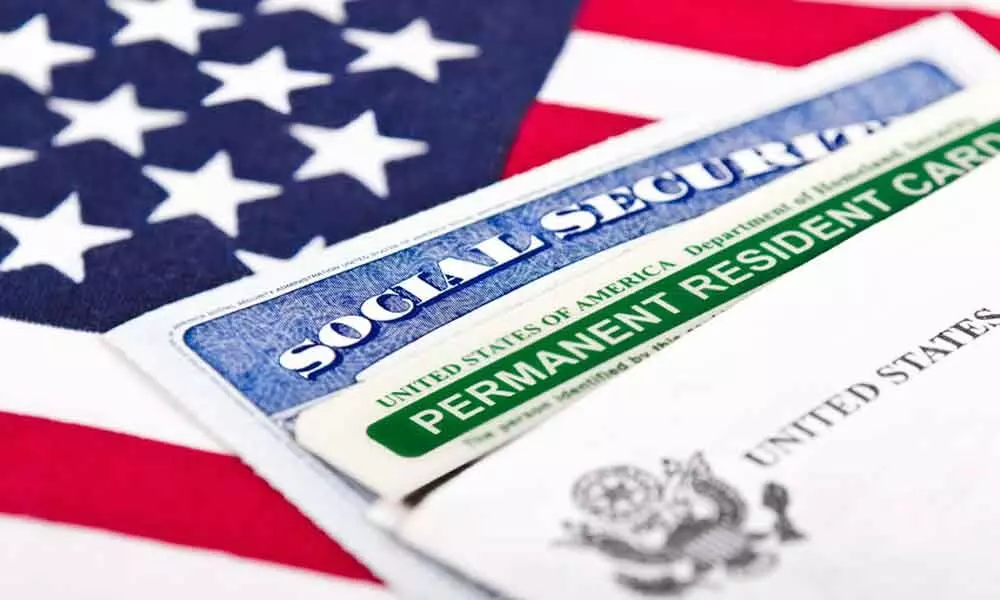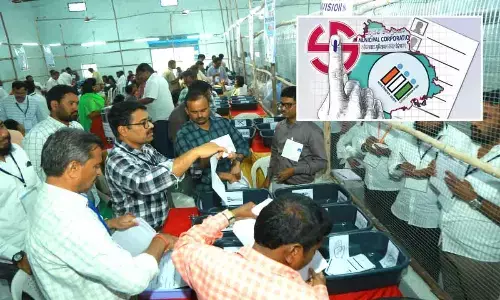New Bill to benefit Indians waiting for Green Card

New Bill to benefit Indians waiting for Green Card
A Green Card, known officially as a Permanent Resident Card, is a document issued to immigrants to the US as evidence that the bearer has been granted the privilege of residing permanently
Washington: A bipartisan legislation has been introduced in the US House of Representatives to eliminate the per country cap on employment-based Green Card, a move which is likely to benefit Indian IT professionals languishing over decades of waiting for the Permanent Resident Card.
The legislation was introduced by Congresswoman Zoe Lofgren and Congressman John Curtis. The Equal Access to green cards for Legal Employment (EAGLE) Act, 2021 needs to be passed by the Senate before it can be sent to the White House for the president to sign it into a law.
A Green Card, known officially as a Permanent Resident Card, is a document issued to immigrants to the US as evidence that the bearer has been granted the privilege of residing permanently. Indian IT professionals, most of whom are highly skilled and come to the US mainly on the H-1B work visas, are the worst sufferers of the current immigration system which imposes a seven per cent per country quota on allotment of the coveted Green Card or permanent legal residency.
The bill phases out the seven per cent per-country limit on employment-based immigrant visas. The bill also raises the seven per cent per-country limit on family-sponsored visas to 15 per cent. Its predecessor, the Fairness for High Skilled Immigrants Act, was passed in the House in the 116th Congress with a resounding bipartisan vote of 365 to 65.
"We all know that our immigration system is severely broken and it has been broken for decades," said Lofgren, Chair of the House Subcommittee on Immigration and Citizenship on Wednesday.
The basic framework for allocating immigrant visas dates back to the middle of the 20th century and was last seriously updated in 1990, when the Congress established the worldwide numerical limits on visas and the seven per cent per-country cap that still exists today, the Democractic Party lawmaker said. Over time, these limitations have led to backlogs that were unimaginable in 1990.
The effect has been that countries with relatively small populations are allocated the same number of visas as a relatively large population country.
"The result? A person from a large-population country with extraordinary qualifications who could contribute greatly to our economy and create jobs waits behind a person with lesser qualifications from a smaller country," she added.
"It makes no sense. Because of this, we are now seeing recruiters from outside America luring those with the highest skills away from the US. That hurts our economy. The bipartisan EAGLE Act moves our country toward a system that de-emphasises birthplace and better serves America.
Simply put, it will allow US companies to focus on what they do best – hiring smart people to create products and services, which creates jobs in our districts," Lofgren said.








